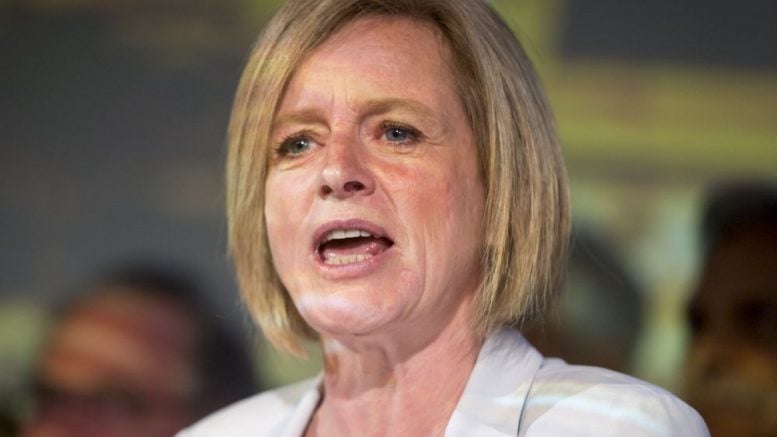Whatever happens in Alberta’s bizarre legal power struggle, the entire electrical system may be very different by the end of it.
First, finances will be upended.
There’s no way for Calgary ratepayers to escape higher costs, even if city-owned Enmax is allowed to return its power purchase agreement to the provincial balancing pool.
If that happens, we’ll have to pay higher electricity prices via levies from the pool.
But it’s even worse for Calgarians if Enmax loses the case launched by the province.
That would force the utility to hang on to a liability running to hundreds of millions. Enmax would then have to approach city council for a major capital injection.
Council could only do that by borrowing, and repaying through higher taxes or reduced services, or both.
The annual Enmax dividend to the city treasury — $56 million last year — could also vanish. That benefit knocks nearly two percentage points off property tax bills.
In total, the whole mess could easily raise property taxes five per cent or more.
And to top all this, it’s almost certain that Enmax would countersue the province for misrepresenting the power purchase deals in the first place.
The NDP, in launching this unique legal attack against utilities and marketers, seems to feel that the taxpayers will benefit.
That’s unlikely. There’s a real economic loss behind all this — roughly $2 billion in power purchase liabilities — that can’t be papered over with decisions in court.
That may well be the old PC government’s fault. But now somebody has to pay, and that’s us.
There’s also the absurdity of the provincial government, a public body if there ever was one, suing another public agency, a utility wholly owned by the city. It doesn’t seem like a very NDP thing to do.
The lawsuit is only the start.
The government’s goals go far beyond blocking the termination of power purchase agreements. The NDP intends to gain much more control over prices, and perhaps over ownership of assets as well.
Premier Rachel Notley said in her 2015 election platform: “We will properly and effectively ‘smart regulate’ Alberta’s electricity retail system to give Alberta families more stable electricity prices and protect the public from financial manipulation.”
If we’ve learned anything about Notley, it’s that her platform isn’t a post-election throwaway. Timidity isn’t likely from a government that has already tackled taxation, climate policy, the entire coal industry, and the very nature of the energy business.
How far the NDP would tilt toward a more public system, like those in the other provinces, isn’t yet clear.
Our system has always been essentially private, or city-owned, with varying degrees of provincial regulation. A shift even to partial provincial ownership would be massively expensive.
The late Premier Ralph Klein’s policy change in 2000 — the one behind today’s bizarre legal case — was essentially a loosening of regulation to bring in more competitors.
The NDP always hated this, and makes its distaste clear now by taking to court virtually every player in that system.
The government would certainly shift back to tighter regulation of prices. We’ll know more when a “smart regulation” plan emerges, at a moment yet to be decided.
The best short-term bet is for some kind of hybrid system, with more public ownership, but also some element of market-based pricing.
The ultimate NDP ideal is full public ownership, obviously. Ontario’s Liberal government is facing fierce NDP opposition as it tries to privatize its massive, hydra-headed Hydro One.
The New Democrats are promising stable, reliable, reasonable electricity prices. Nobody will argue with that.
But if this lawsuit is any hint of how they plan to do it, we’re in for a very long ride.
Don Braid’s column appears regularly in the Herald
Source: calgaryherald.com




